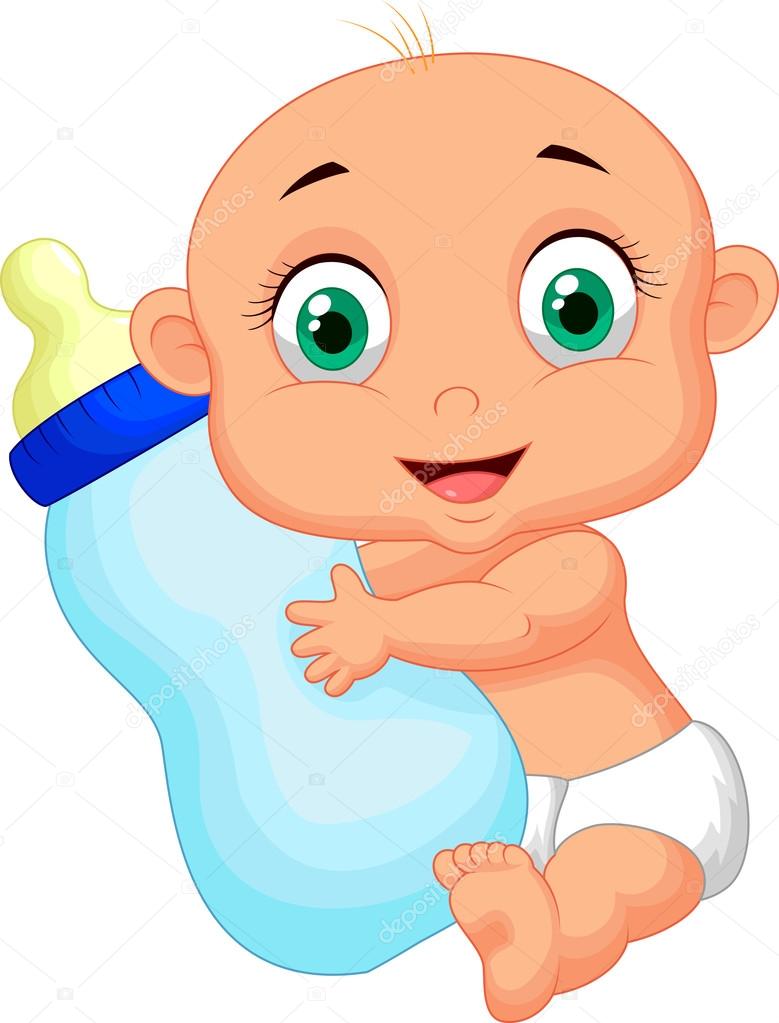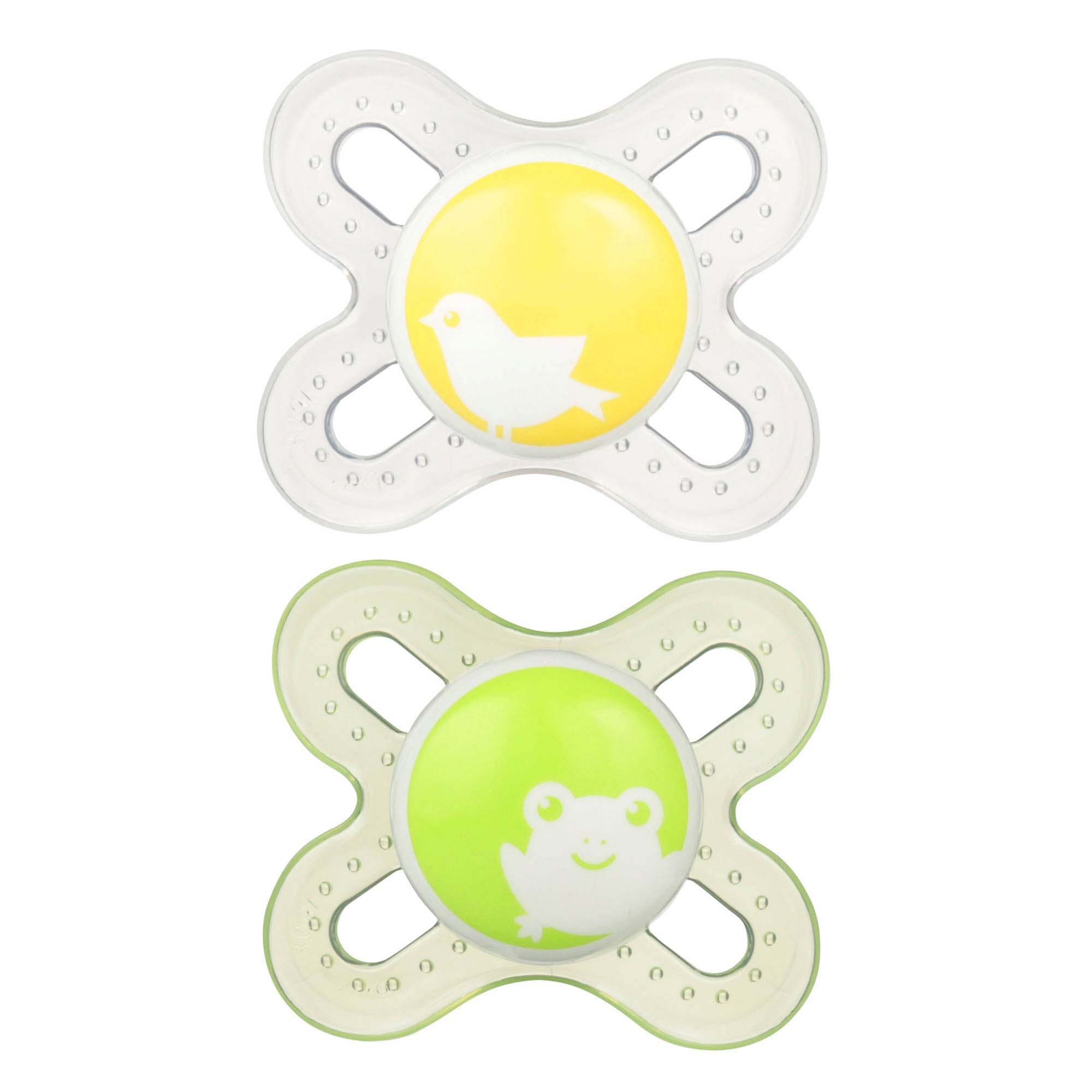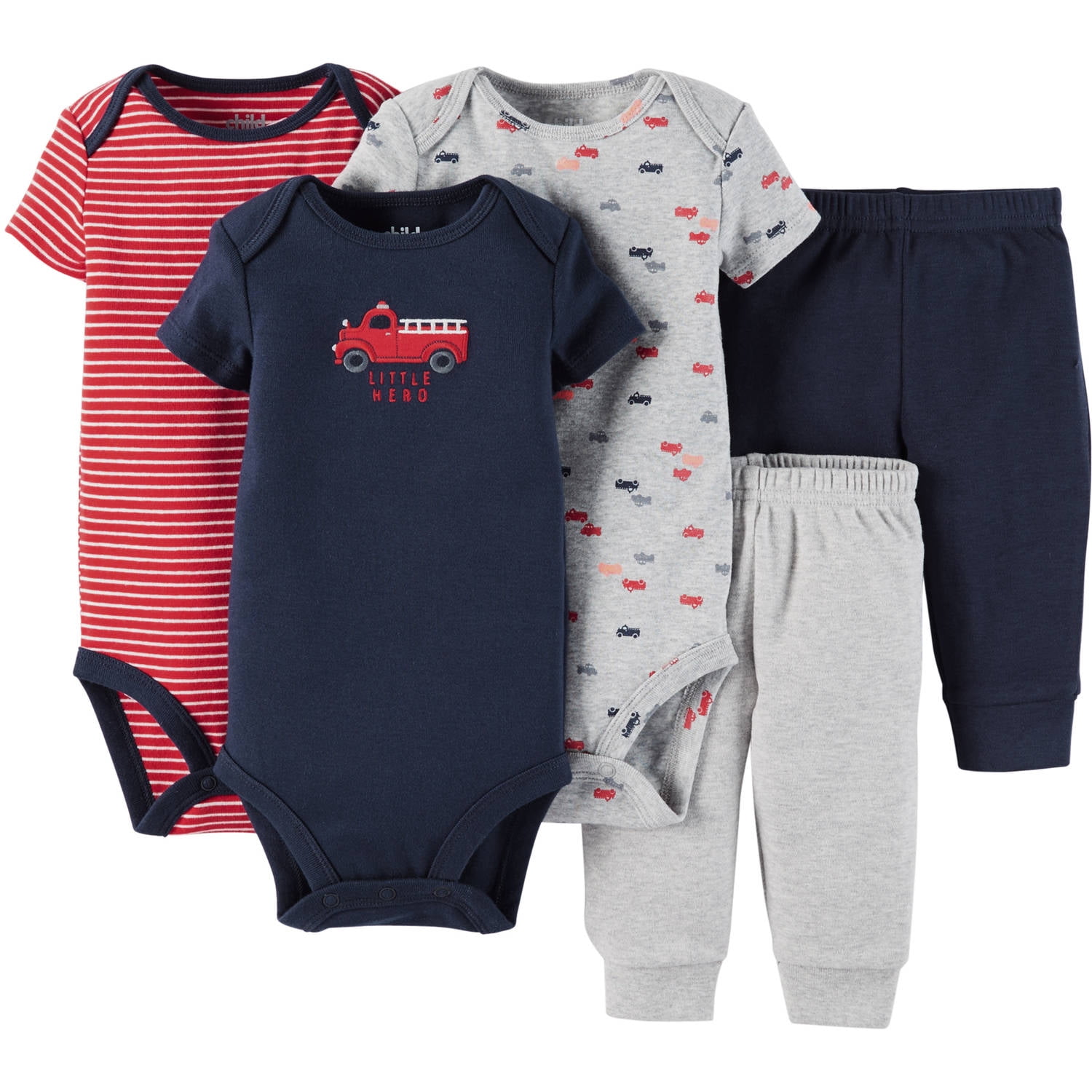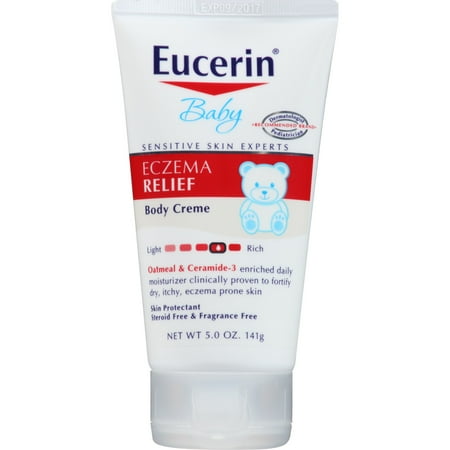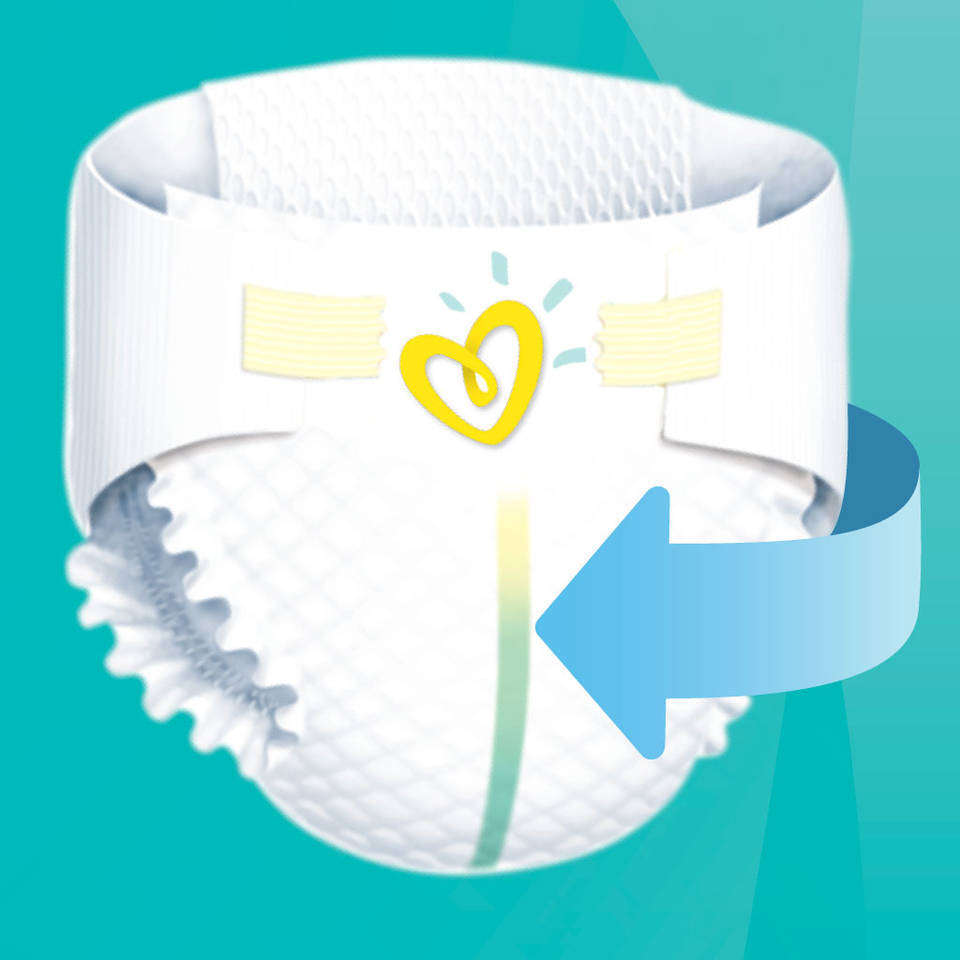
I've been thinking about something a lot lately. I've noticed in my own life that when faced with a stressful situation or a hard choice, it's easy to pick the path of least resistance. In some ways our culture these days is so lazy. So many of us, myself included, live life and work and do the norm until any sort of change comes our way or stressful situation crosses our path and we metaphorically crawl into the fetal position and can't function. Honestly, I think a lot of don't know how to handle stress. Which makes sense, I mean we have everything at our fingertips. We have come up with so many inventions to keep stress at bay. If you get a cold, here are 50 drugs you can take that will get rid of it in 2 seconds. If you're broke, here's 50 really easy ways to make money. There's always an escape route. But what are we escaping, really? And is escaping really a good thing? Think about it this way, if you get an easy out from every hard situation you find yourself in, are you growing as a person? Are you learning? Of course you're not. You may remember ALMOST being broke for a day or so, but after that you'll just continue down your path and hope it doesn't happen again. But if you actually get to that point and have to worry about what you're going to eat, where you're going to sleep, you'll remember that for sure.
So, am I saying that instead of avoiding going broke you should just let it happen so that you'll learn from it? No. What I'm saying is that of the three options you have at that point, the worst one you could make is taking a get out of jail free card. Because it will teach you nothing. So what are the other two options? Well, the first is that you can go broke, lose your stuff, become homeless, and everything else that comes with that. Or, you can stop. Right there, in your tracks and turn on the part of your brain that often gets overshadowed. Think of the healthiest, smartest, most logical thing that you could do at that point, and do it. Weigh the outcomes, take emotion out of it. Because, at that point, emotion needs a nap. It's been running on overtime and taking way too much of the spotlight. There is a time and place for rationality and a time and place for emotion, and emotion gets kicked out the minute that you give it an inch and it takes a mile. In other words, emotion should be a friend that you ask for advise, but rationality should be your partner, who helps you make the final decision. If you're friend is overstepping their bounds, kick em out.
The funny thing about all of this is that we will go to the ends of the earth to avoid doing the hard work in order to change. We will fight and point fingers. We will do anything we have to do to take the easier path. What's going on in our minds is a mad house. It's Christmas Eve in New York City. The reason we pick the easier path isn't because we're just idiots and we don't know any better. It's because our minds are so full of fear and stress and overloaded with scary thoughts and we don't know what to do with it all! It's like when your kids are pestering you and pestering you to have something and you're so busy doing other things and you're so sick of hearing the same question over and over again that you say yes. Would you have said yes if you are in a peaceful place and didn't have anything else on your mind? Probably not. But we all have a stress limit and at that point, (almost) anything goes. Some people don't need a lot of pushing to get to that limit. Some people have developed coping mechanisms to get them further. So the reason this happens makes sense. And many people decide that they're okay with where their limit is at and have accepted it as their lot in life. But for those of us who are looking to progress as a people and individuals, there's another option.
Starting habits is easy, being consistent is the hardest part. The trick to changing your brain is consistency, so we've got to find a workaround. The key is your motivation. You have to get to the point in your life where going back to the way you thought about things before is no longer an option and you are committed to changing your way of thinking. It can't be just an experiment. It can't be something you do because others will be impressed by you and your efforts. In fact, I wouldn't even tell people about it, because that adds an extra layer of pressure. You have got to get to that point by yourself and no one can help you get there. That's the tricky part. The other tricky part is that this place I'm talking about, it's a place of complete ownership. You own every choice you've made, everything you've said, everything you've done right and everything you've done wrong. It is absolutely impossible to be in that place and be pointing fingers, running away from problems, or lying to yourself about where you're at and how you got there. It's hard. For everyone. But it's necessary for any real change to happen.
So, once you're in this place and you're ready to start, start with baby steps. The common mistake with any goal is taking on too much and then getting overwhelmed or discouraged when things haven't changed overnight. It is a process. Just like anything worthwhile in life, it takes time. Be patient with yourself and keep in mind that you only fail when you decide to stop trying. So as long as you're making an effort to change each day, you're winning. Give yourself motivation throughout the process. Tell yourself good job at the end of the day. But remember to be honest with yourself about how you're doing. This is something that will help you grow closer to yourself. I know that sounds weird, but it's true. How good does it feel when you do something smart that you know you should've done and you feel all strong and wise? Feels pretty good. THAT is the feeling that you want to chase. Of all of the "feelings" to chase, that is the healthiest and the most worthwhile one. This you can try whenever. When you're going through your day, pay attention to the decisions you make that are solely driven from emotion. I noticed that I make an embarrassing amount of those decisions. When you're hungry and you decide, I've had a hard time, I deserve some fast food. Do you? Probably. But rationally, most of the time that money would be better spent on something else. And rationally, if you've had a stressful day, grease and fatty foods aren't going to make it any better. Pay attention to those times and just quietly decide not to do it. Don't make a huge deal about it, just decide that it's not worth it. The pride you'll feel from that will hopefully keep you going until the next time you come to a tricky decision.
The point is that when you treat yourself well, take care of things, and actually fix problems (not escape them), it naturally makes us feel good. Giving into the easier path feels better, granted, but only for a short time. Then what usually happens is the guilt, avoidance, denial, self hate, etc. It's a downward spiral everytime and all because you just had to have that shake. When you go against your better judgement, even if it's deep in your subconscious, you'll feel stress. It may manifest in obvious ways, or it may be a little more subtle, like a constant headache or a constant stomachache. If that's the case, pay attention to when those symptoms are the worst? When you really think about it, you can usually trace it back to a stressful situation. Whether that stressful situation was you going against your better judgement, not necessarily. But you'll be able to recognize that this happens mainly when I'm stressed.
So, in conclusion, if what I'm saying to you makes sense and applies to you, if you want to change but don't know how and feel trapped, the first step is admitting there is a problem. The second step is taking complete ownership of all of your mistakes, all of your decisions, and all of your not so healthy habits. You have to be completely honest with yourself. Then, start small. Make little quiet decisions and see how they feel. Keep a journal of how you feel after you do something that was a good decision, especially if it was hard. And slowly but surely the things you used to gravitate to will seem uninteresting. The way you thought about willpower and hard work will completely change. And, most importantly, the way that you see yourself and your ability to overcome any obstacle will be so different, and your love for yourself will grow so much. And that's the point of life, right? To grow.


